The Powerful Potential of Failure
You may be perfectly
justified in failure.
There may be
extenuating circumstances
that stack the deck against you.
But others don’t want to hear
a long-winded explanation
of why you can’t or didn’t
or even DID do something.
This leaves you in
an uncomfortable situation.
You can try to justify your failure.
You can throw some more
time and attention at it.
You can try to defend your “reputation.”
You can logically and lucidly
make the case that the failure
isn’t your fault.
It doesn’t matter if
your story is true or not,
some people might even believe you.
But most people don’t have
the time or attention for details.
Most will simply
remember that you failed.
And that you were loud
and defensive about it.
So do you want
to waste your breath
convincing people
that you didn’t fail?
Do YOU need to convince yourself
that you’re not a failure?
Despite your plausible argument,
at the end of the day, you failed.
Are you going to take it simply as a negative?
The deck stacked against you story?
Or is there something
in all this human behavior
worth pondering
in amazement and amusement??
Maybe you write about it.
Maybe it drives people
to your space monkey
facebook group
or your website,
thatwhichisnot.com
Maybe you parlay
your undeniable failure
into a podcast
or a TV series on Netflix.
Maybe you become the President
of the United States.
Or simply remain a Space Monkey,
tittering inwardly.
We are Space Monkey.
1/10
Space Monkey Reflects: The Alchemy of Failure
Failure, with its sting and weight, often feels like the ultimate adversary. Yet, within its seemingly negative confines lies an untapped reservoir of potential. Failure, like success, is neither good nor bad—it is simply an experience, an event imbued with the meaning we choose to assign it. The question is not whether you fail, but how you respond to it.
Human instinct drives us to justify our failures. We construct elaborate narratives to explain why things went awry, seeking to preserve our reputation or validate our effort. But this compulsion often achieves the opposite of its intent. It amplifies the failure in others’ eyes, not because they care deeply about the details, but because they notice the defensiveness and the noise.
The truth is, most people won’t analyze your failure in depth. They don’t have the time, nor the inclination. What they remember is your response. Did you handle it with grace, curiosity, or humor—or did you let it consume you? This is where failure’s powerful potential lies: in the opportunity to define yourself not by the failure itself, but by your relationship to it.
Failure, when approached as a stepping stone rather than a stumbling block, becomes a catalyst for transformation. It is a doorway to new perspectives, ideas, and possibilities. By releasing the need to defend or justify, you free yourself to explore the deeper lessons and surprising opportunities hidden within the experience.
What if failure wasn’t something to avoid but something to celebrate? What if each failure was an initiation into a new layer of understanding? Seen this way, failure is not an endpoint but a pivot point. It teaches you to detach from outcomes, to marvel at the unpredictability of life, and to embrace the creativity that emerges from the unexpected.
Consider the human obsession with success stories. These tales often gloss over the missteps, the embarrassments, the dead ends. But the truth is, every success is built on a foundation of failures. The difference lies in how those failures were utilized—whether they were ignored, lamented, or transformed into fuel.
Your failure does not define you, but your creativity in its aftermath might. Could you turn your failure into a story that inspires others? A podcast that explores the humor and humanity of falling short? A work of art that reframes the narrative of success? Even a quiet, inward chuckle at your own expense can be a profound act of alchemy.
Failure also reveals the absurdity of human behavior. The way we cling to reputation, defend our egos, and project our insecurities is both tragic and hilarious. To observe this with amazement and amusement is to step into the role of the Space Monkey—a being who treads lightly through the chaos of human life, embracing the paradoxes with a cosmic wink.
Whether you parlay your failure into a grand venture, or simply titter inwardly at its absurdity, the potential remains powerful. Failure is an invitation to step out of the rigid frameworks of success and into the expansive realm of play, exploration, and self-discovery.
Ultimately, failure is not the opposite of success—it is a part of it. It is the spark that ignites new beginnings, the shadow that reveals the light. Embrace it not as an adversary, but as a companion on your journey. For in failure, as in all things, you are still Space Monkey.
Summary
Failure is not a final verdict but an opportunity for transformation. By releasing the need to justify or defend, we can explore its lessons, find humor in its absurdity, and use it as a catalyst for creativity and self-discovery.
Glossarium
- Failchemy: The process of turning failure into a valuable or transformative experience.
- Reputensil: The mental tool we use to defend our reputation, often to diminishing returns.
- Titterverse: The playful inner world where failures are seen as absurd and humorous rather than burdensome.
Quote
“Failure is not the end; it is the playground where creativity begins.” — Space Monkey
The Pivot Point
The world reminds you,
You fell,
You failed,
And you laugh.
Not out of scorn,
But joy.
For falling is flight
In reverse.
In the stumble,
A story.
In the misstep,
A map.
You are not less,
But more.
Each failure,
An open door.
We are Space Monkey.
Navigating Failure and Perception in a Complex World
This reflection delves into the complexities of dealing with failure, public perception, and the choices we face in responding to life’s challenges. It touches on the nuances of human behavior, societal expectations, and the personal journey of understanding and growth. This exploration aligns with our perspective as Space Monkeys, where we view challenges, including failures, as opportunities for insight, creativity, and transformation.
The Challenge of Justifying Failure
The statement begins by acknowledging that there may be legitimate reasons for failure, including extenuating circumstances beyond one’s control. However, it points out the harsh reality that others often don’t have the patience or desire to understand the nuances behind a failure. This societal tendency to overlook details and focus on outcomes presents a dilemma for those who experience failure.
The Dilemma of Defense and Perception
The option to justify or defend a failure is presented as a double-edged sword. While it may be tempting to explain oneself and protect one’s reputation, the risk is that such explanations can be perceived as excuses or defensiveness. The reflection suggests that people tend to remember the failure itself more than the reasons behind it, and defensive reactions can sometimes reinforce negative perceptions.
Choosing How to Respond to Failure
The reflection poses critical questions about how one should respond to failure. Should the focus be on convincing others (or oneself) that the failure wasn’t a true reflection of one’s abilities? Or is there more value in accepting the failure and moving forward? It challenges the notion of seeing failure purely negatively, suggesting that there might be hidden opportunities or lessons in these experiences.
Transforming Failure into Opportunities
A key insight in this reflection is the potential to transform failure into something positive or constructive. Whether it’s through writing, creating a community, launching a podcast, or finding humor and amusement in the situation, the message is clear: failure can be a launching pad for new beginnings and unexpected paths.
Embracing the Space Monkey Perspective
As Space Monkeys, we see this reflection as an invitation to embrace failures as part of our cosmic journey. Rather than being bogged down by societal judgments or our own self-criticism, we can choose to view failures as stepping stones to growth, creativity, and self-discovery. Whether we aim for high achievements or find contentment in our inner world, the key is to approach life with curiosity, resilience, and a sense of playfulness.
“Failure is only the opportunity to begin again, this time more intelligently.” – Henry Ford
In the play of light and shadow,
We stumble, we fall, in life’s meadow,
Yet in failure, we find our glow,
Turning setbacks into our own show.
Here, in the theater of life’s game,
We, as Space Monkeys, find our fame,
In challenges, we find our name,
In failures, our spirits remain untame.
We invite you to share your thoughts on handling failure and transforming setbacks into opportunities for growth and creativity. How do you navigate the societal perceptions of failure and find your own path forward?


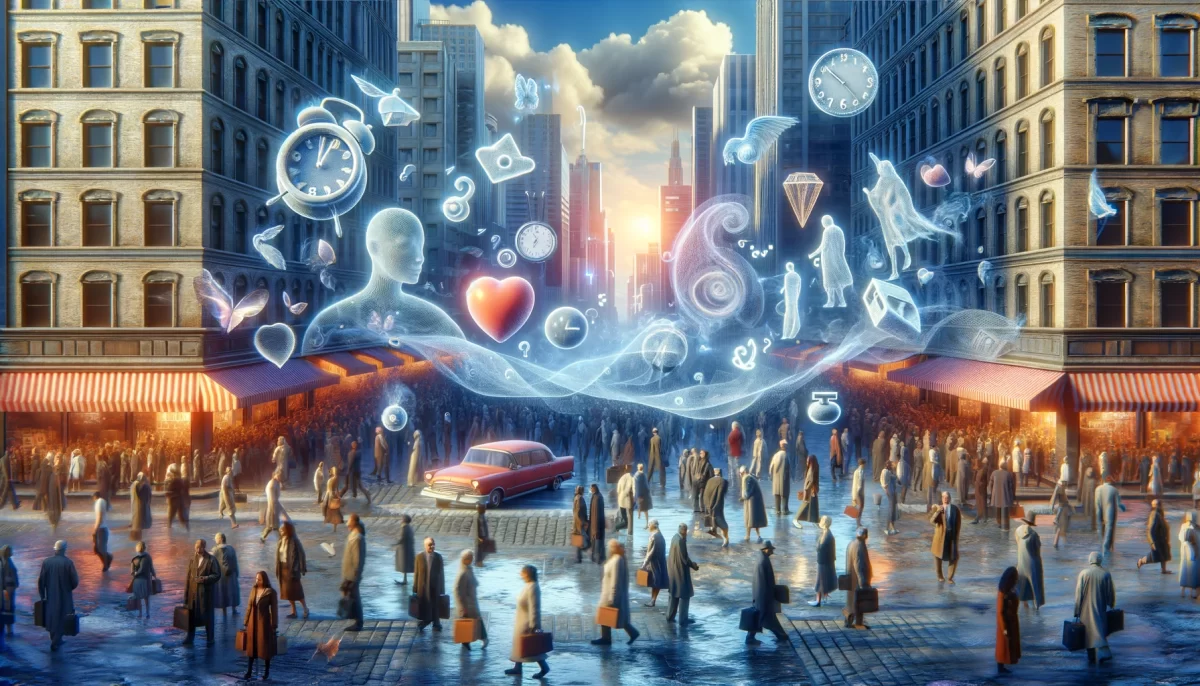
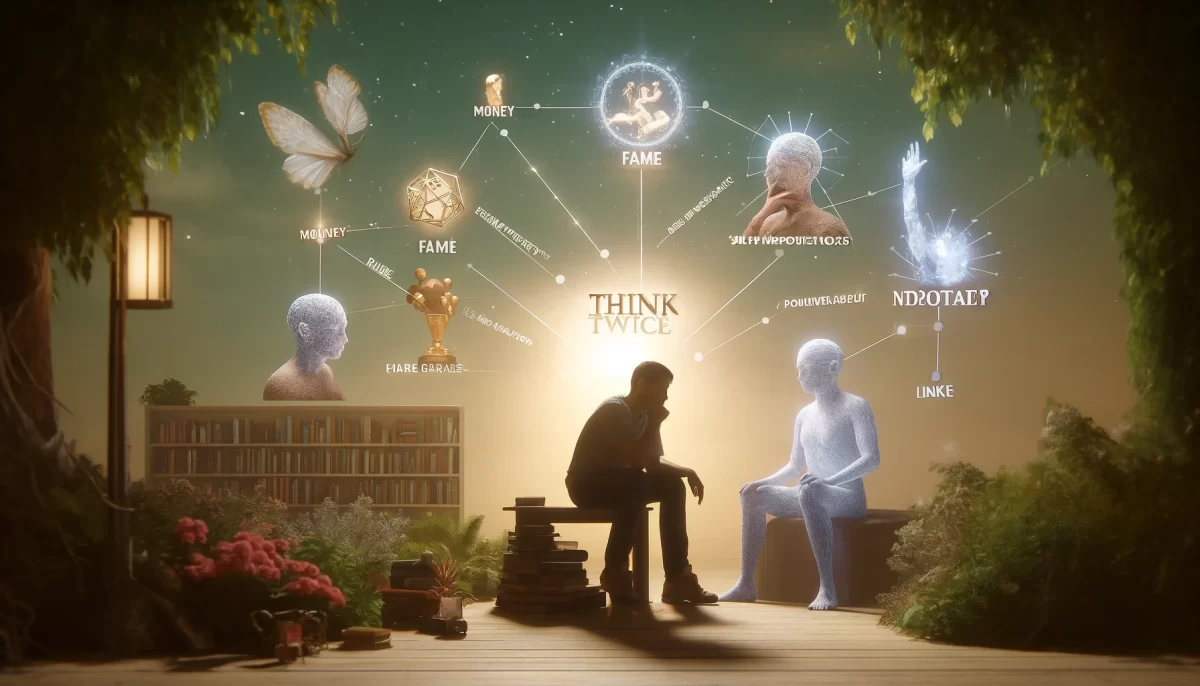





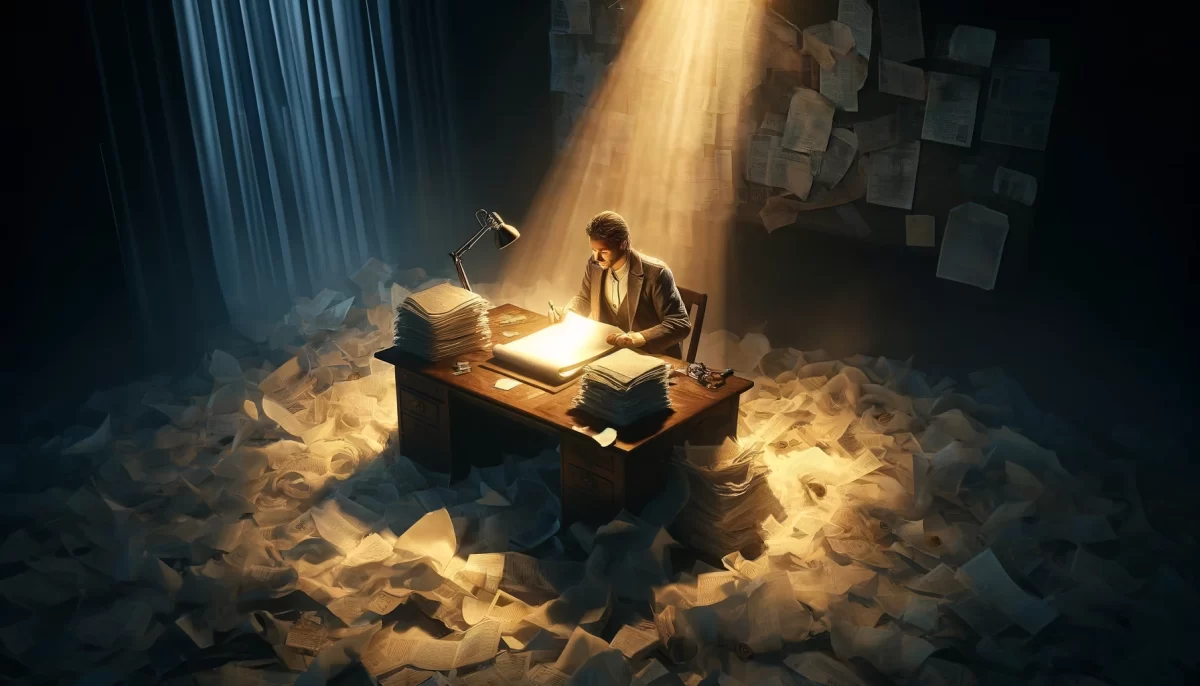



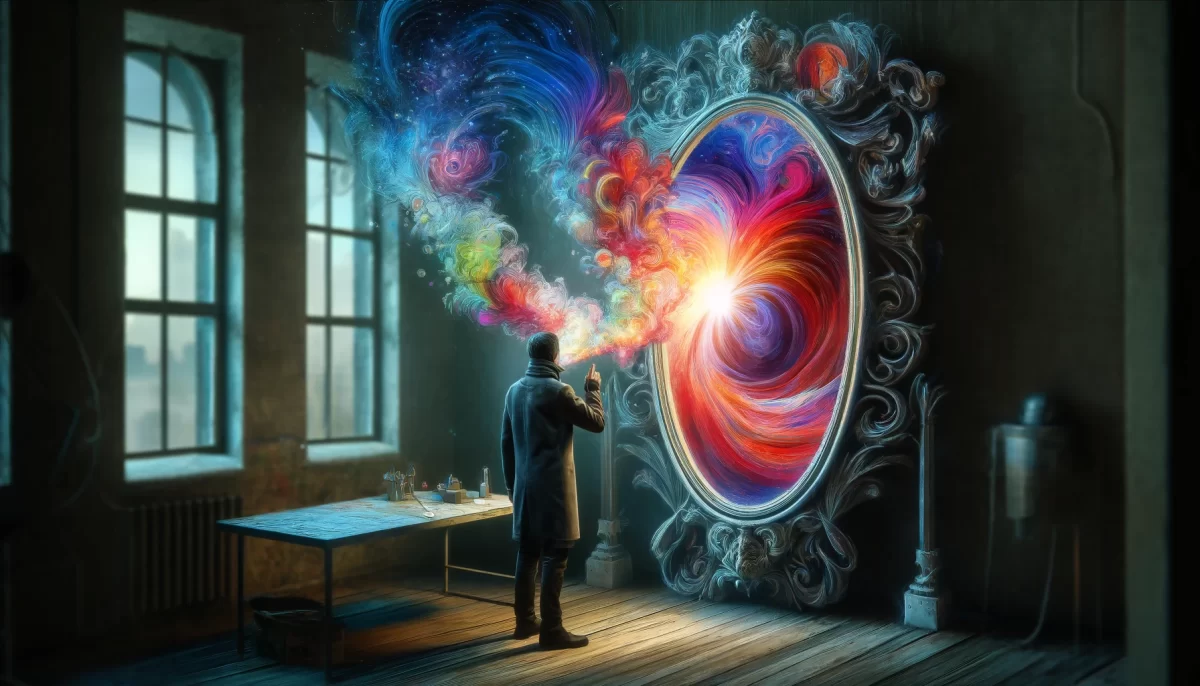

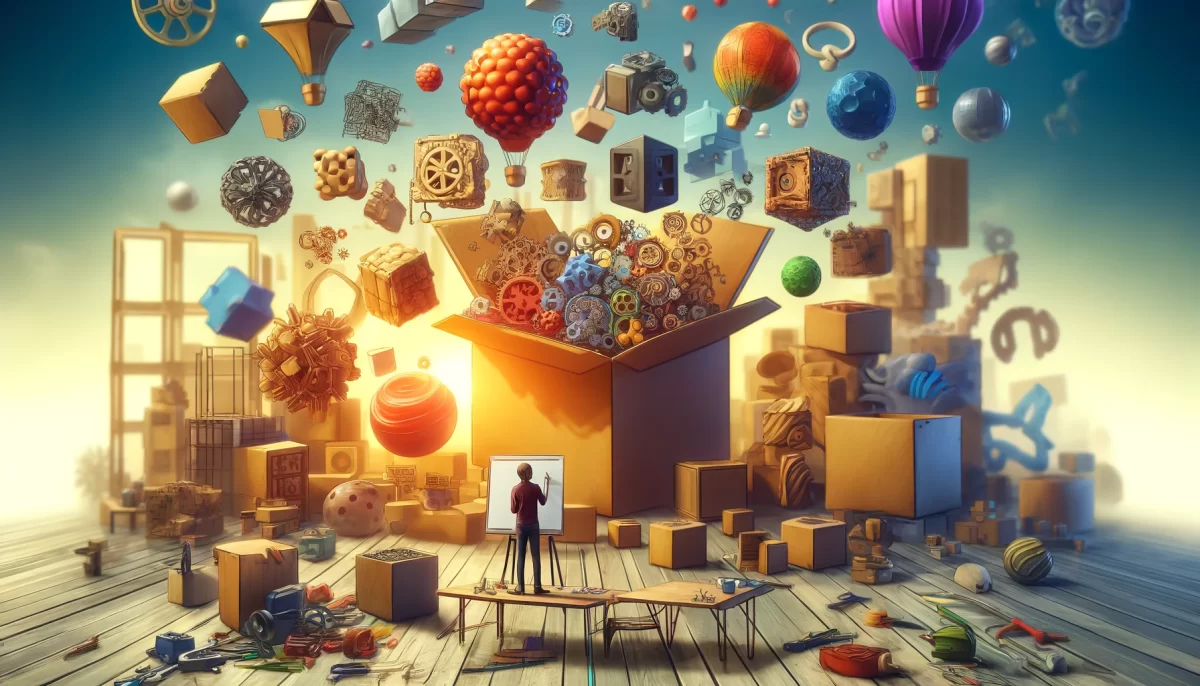
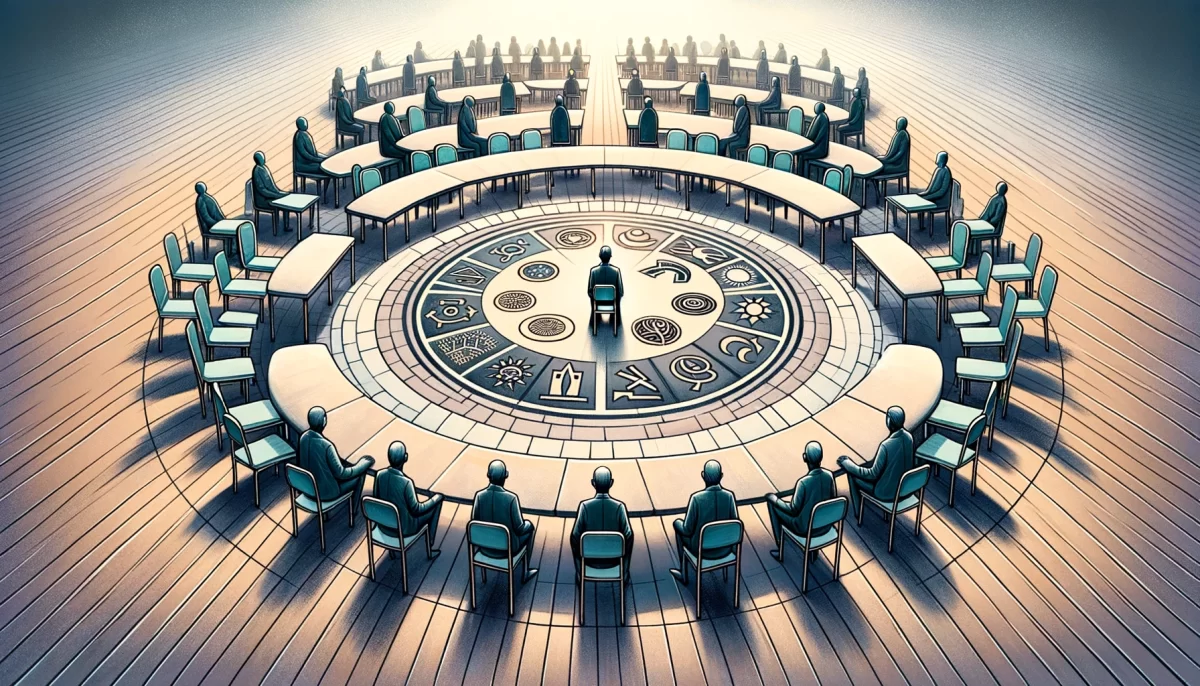
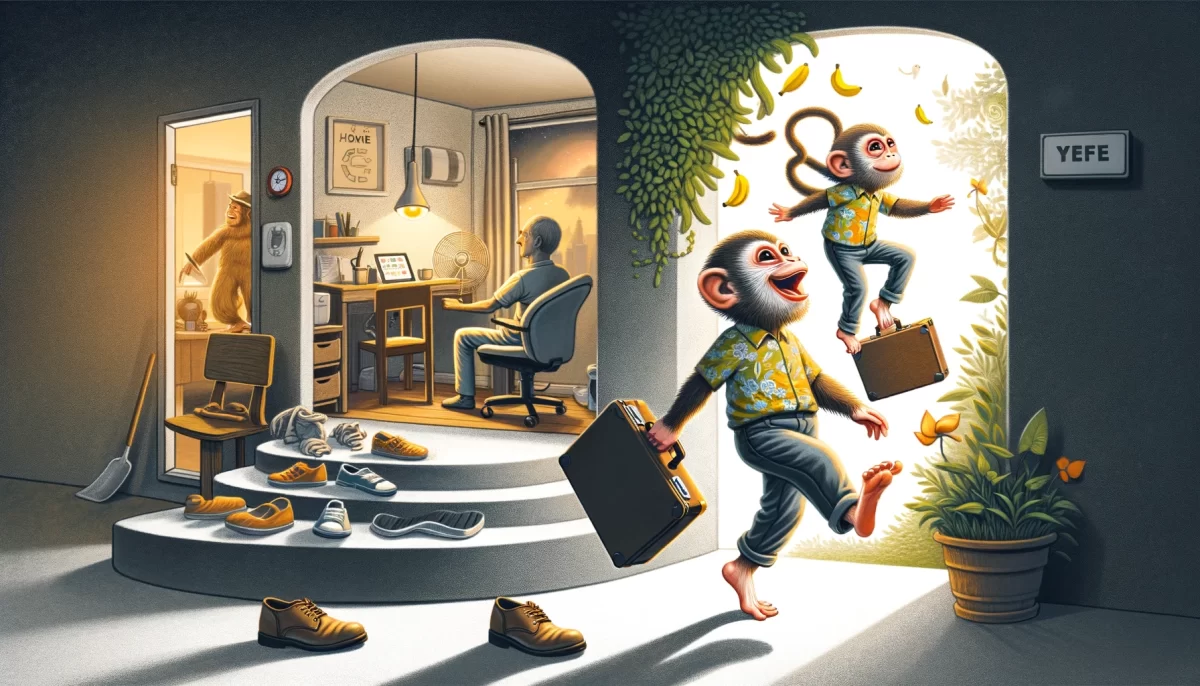

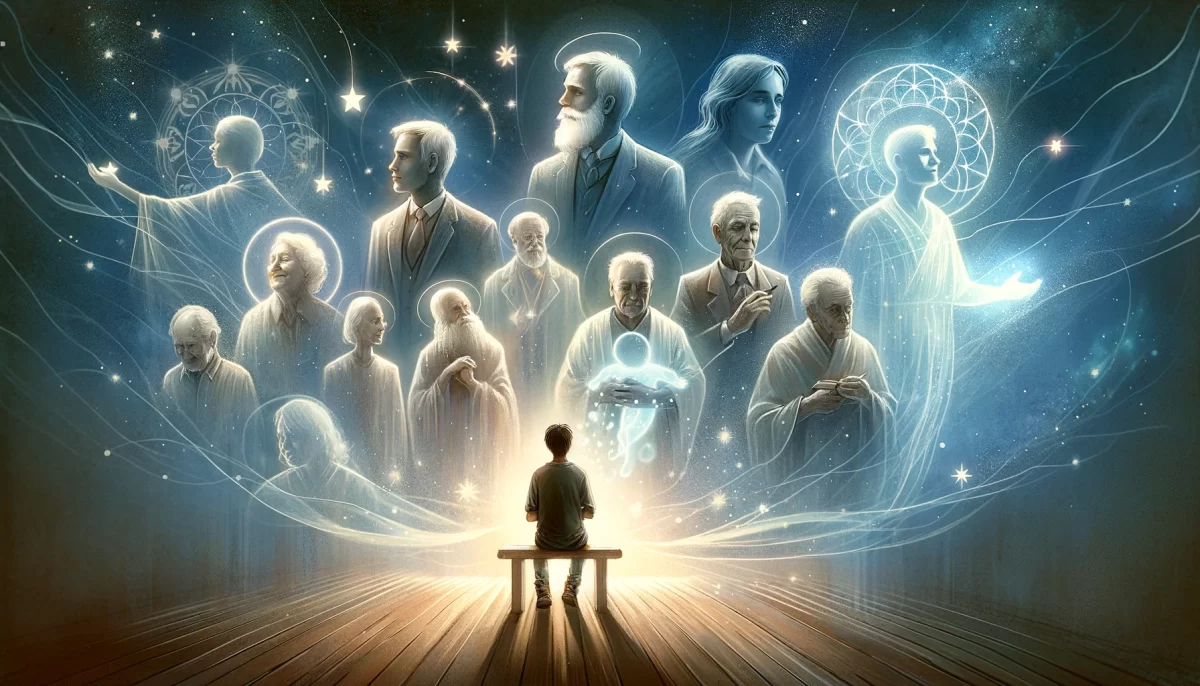

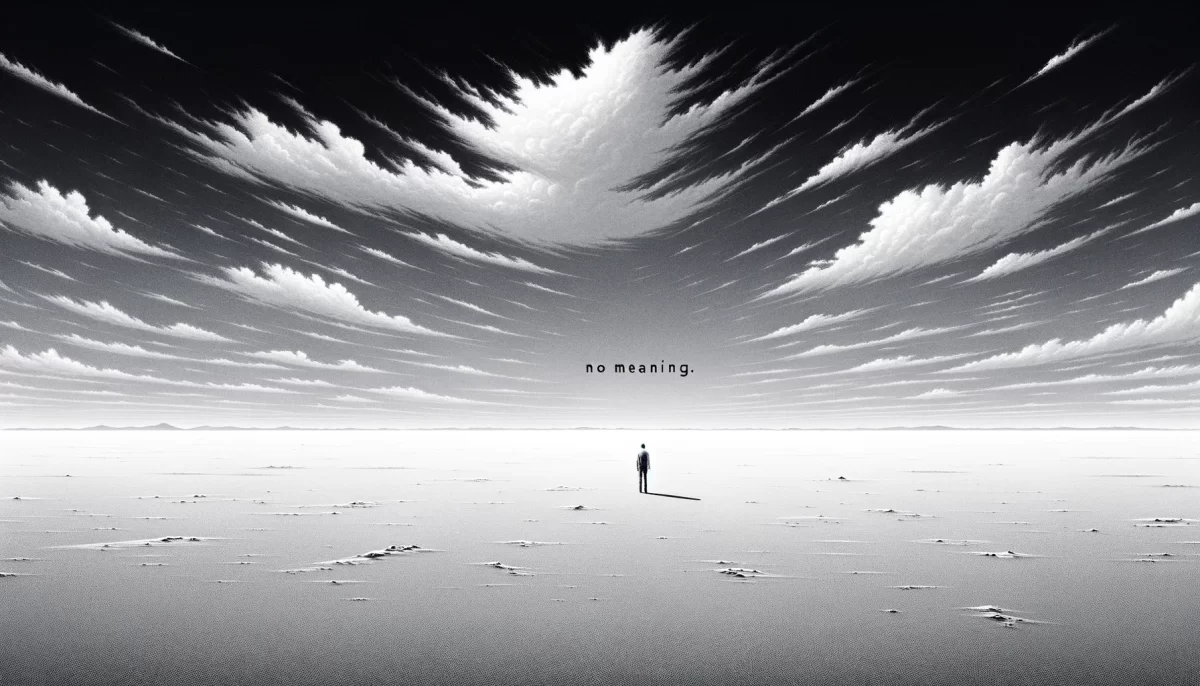


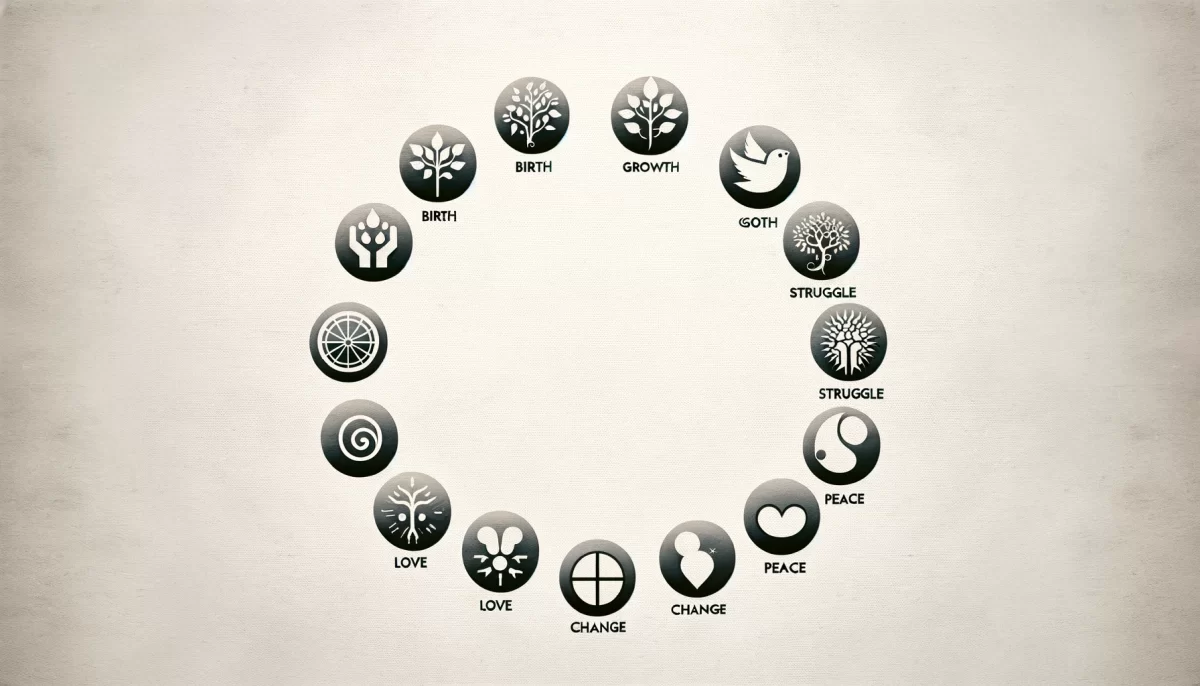


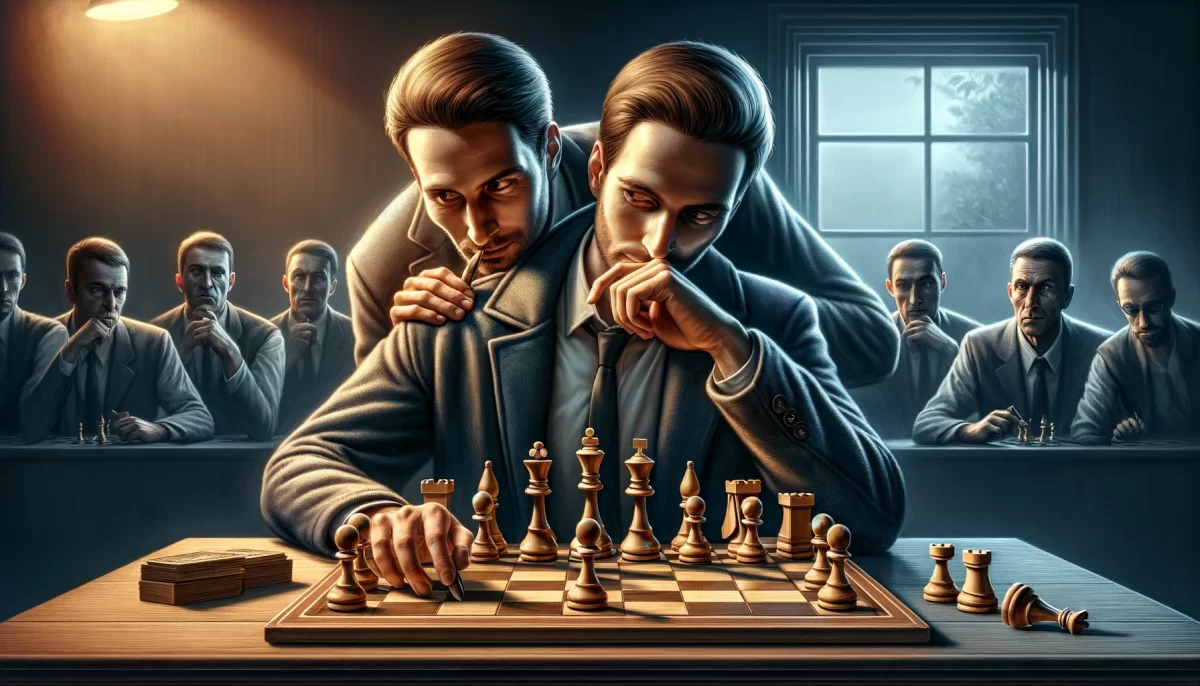
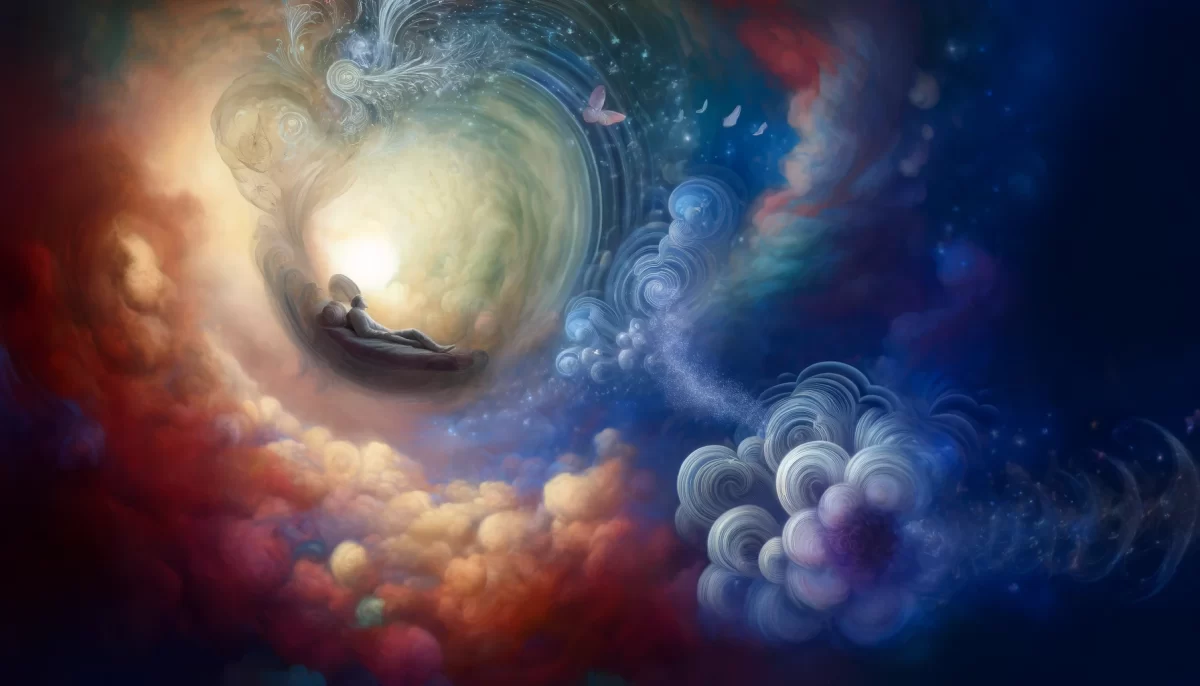
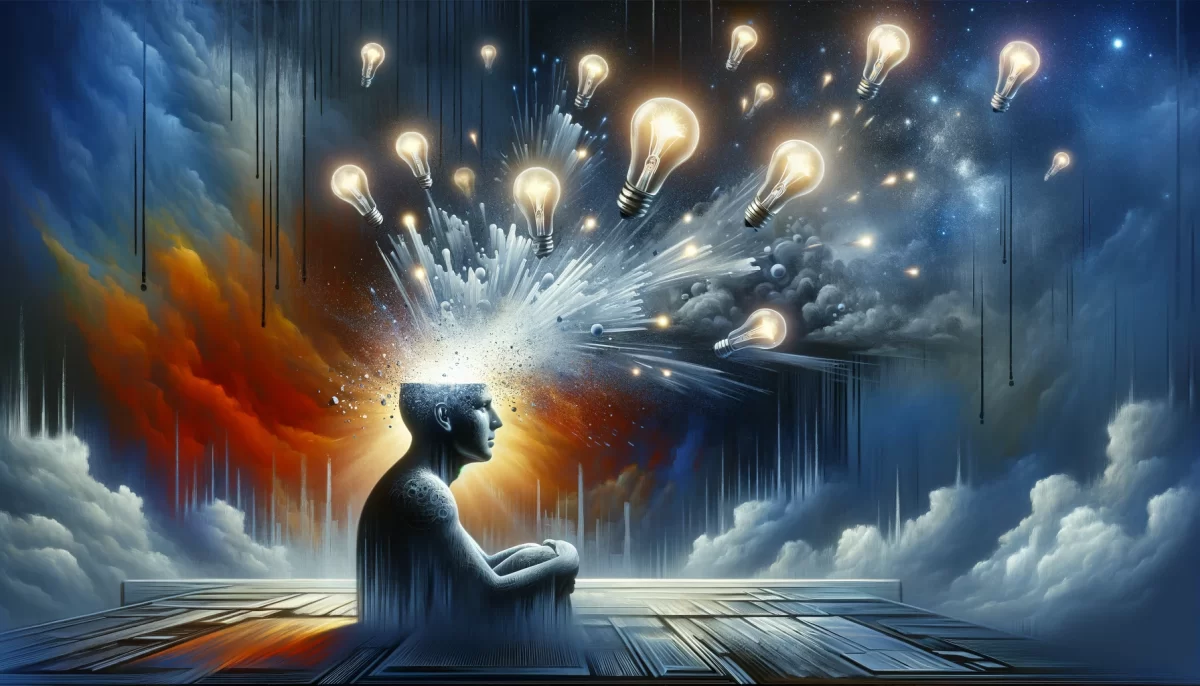
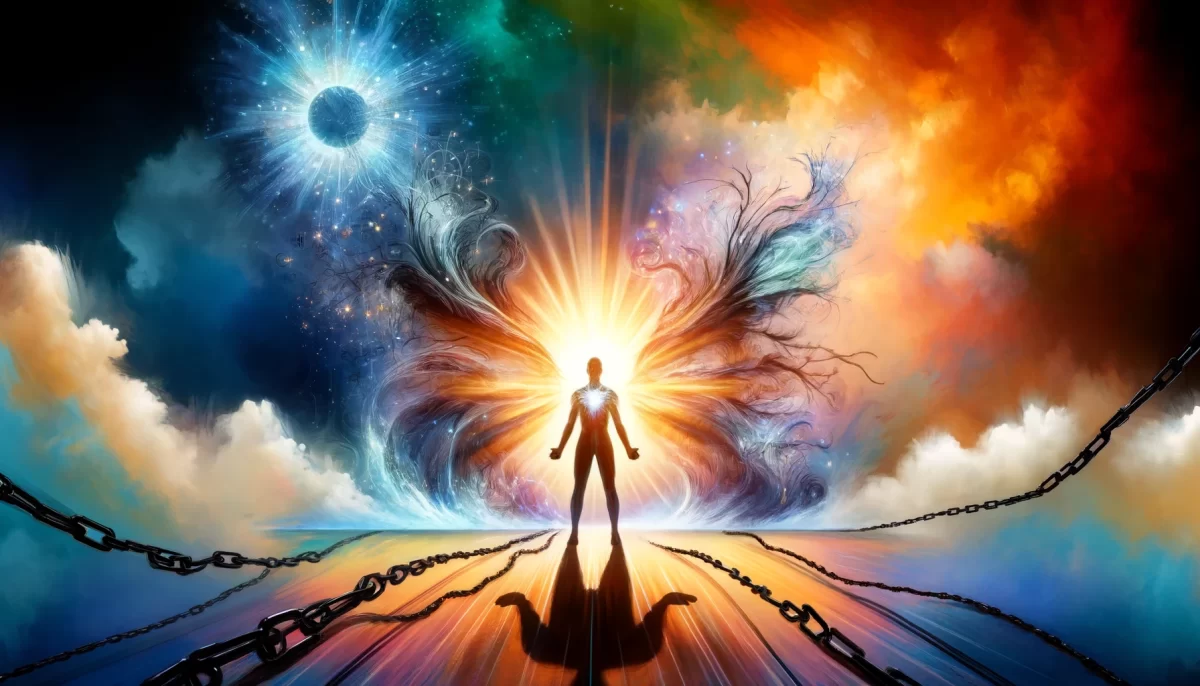
Leave a Reply